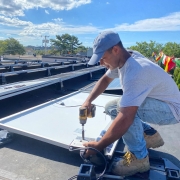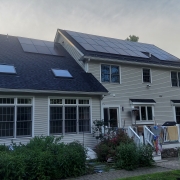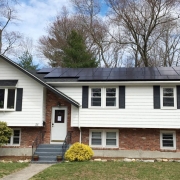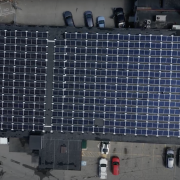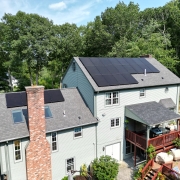Proposed Bill Threatens Residential Solar Tax Credit
A newly proposed bill in Congress could significantly alter the landscape for residential solar and battery storage across the United States. If passed, this legislation would eliminate the Residential Clean Energy Credit (Section 25D)—commonly known as the Residential Solar Tax Credit—by December 31, 2025, a full three years ahead of schedule.
What’s at Stake?
The Residential Solar Tax Credit currently offers a 30% federal tax credit for homeowners who install solar panels and battery storage systems. This credit has been instrumental in making solar energy more affordable and accessible to millions of Americans.
If the proposed bill is enacted, homeowners would lose access to this major financial incentive after 2025, potentially increasing the cost of going solar by thousands of dollars. The sudden rollback could:
-
Disrupt thousands of residential solar projects that are still in planning or construction phases.
-
Cause a sharp decline in solar adoption, hindering progress toward clean energy goals.
-
Threaten jobs in the solar installation and manufacturing sectors.
-
Stifle innovation in residential energy storage and grid independence.
What You Can Do
-
Contact Your Local Congressmembers
Let your representatives know that you support clean energy and want the original tax credit timeline upheld. Ask them to vote against any measure that cuts the Residential Solar Tax Credit early. Personalized calls, emails, and letters can make a powerful impact. -
Spread the Word
Share this information with friends, neighbors, and community groups. The more people who speak out, the stronger the message. -
Act Quickly if You’re Considering Solar
If you’ve been thinking about installing solar or battery storage, now is the time to move forward. Delays could risk missing the current 30% tax credit deadline. Most solar installations take several months to plan, permit, and complete—starting now gives you the best chance to qualify.


